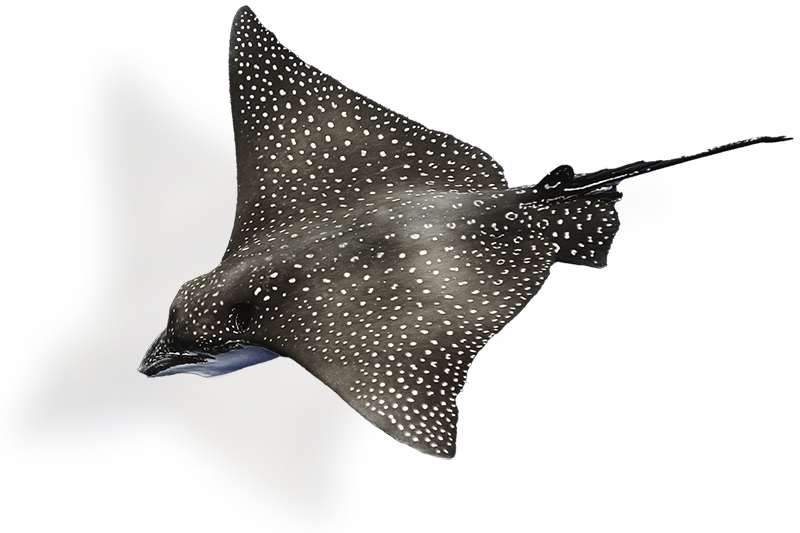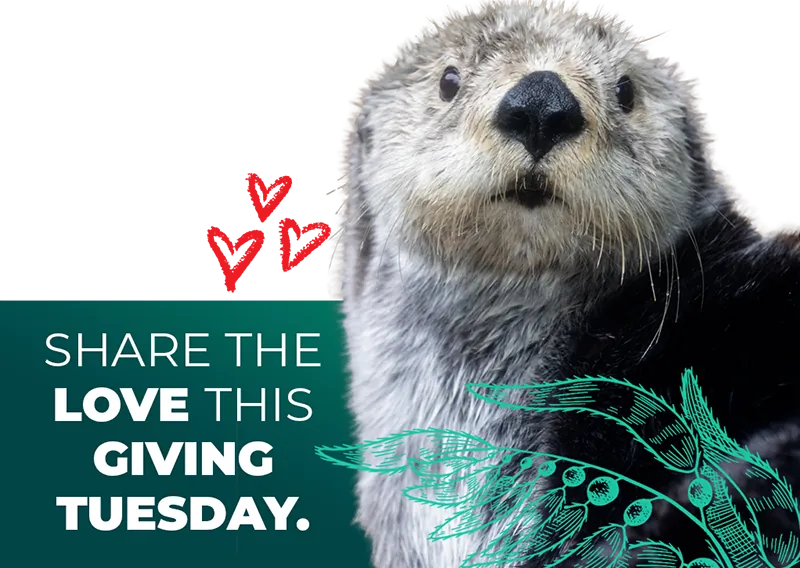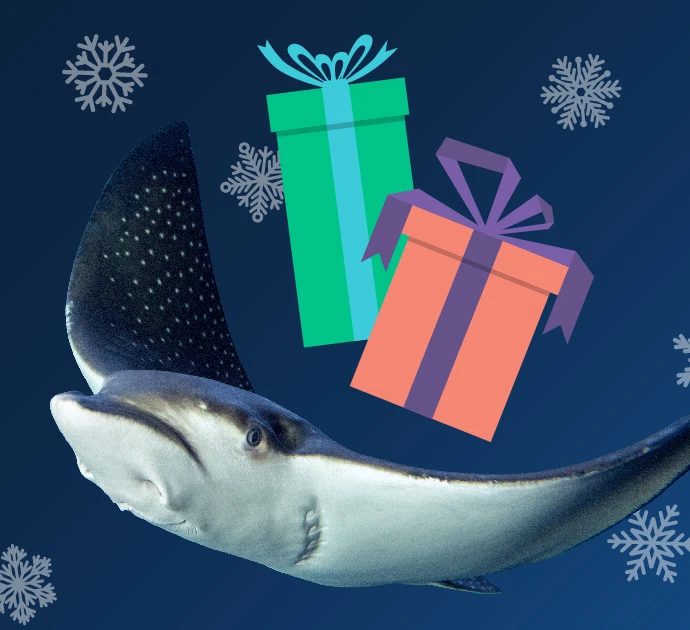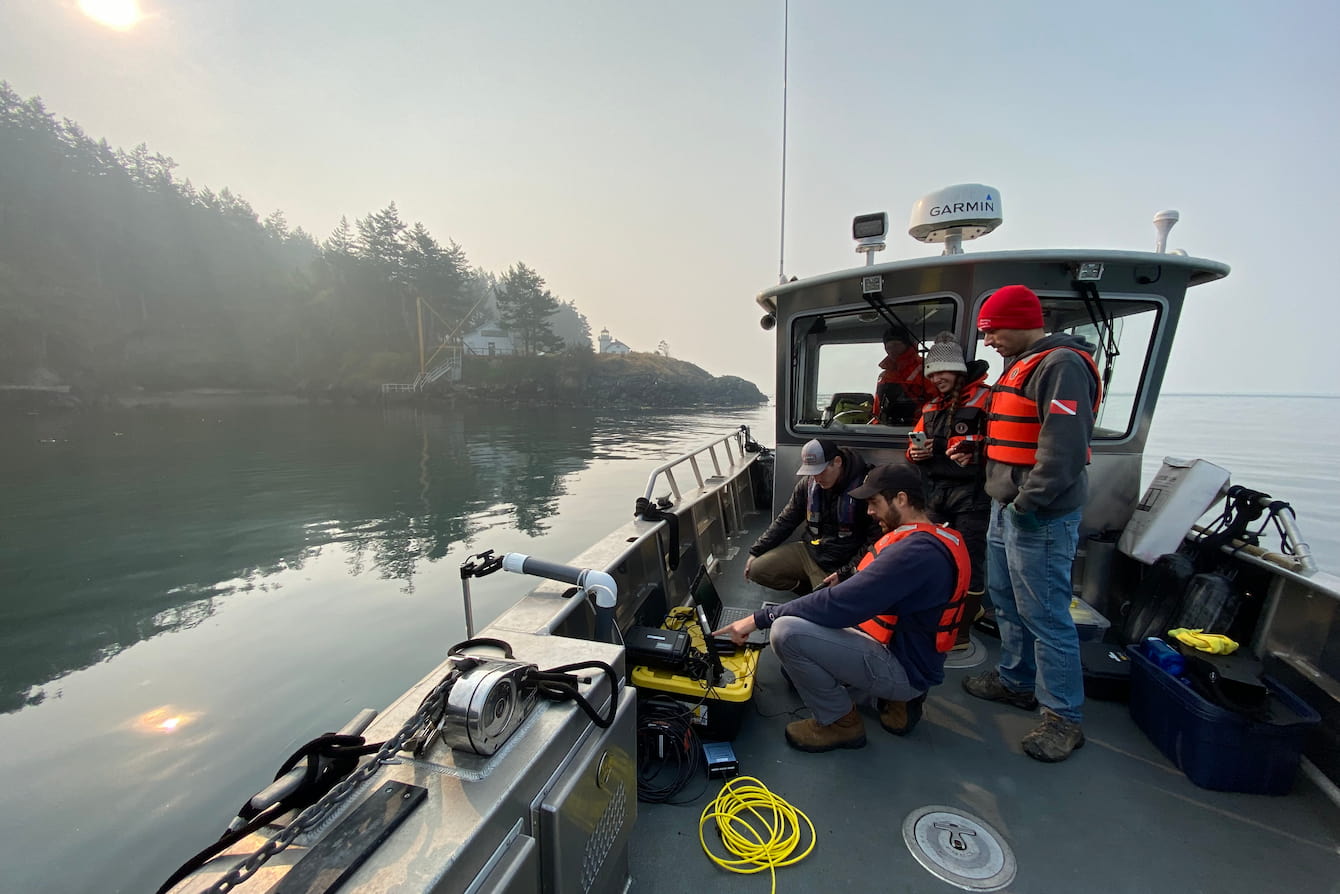
The Seattle Aquarium launched its research program in 1995 with a project focused on sea otter physiology. Since then, we’ve undertaken studies ranging from Puget Sound kelp conditions to Hawaiʻi coral reef ecosystems and much more.
We don’t do this work alone. The Seattle Aquarium research program is a true community effort. We cultivate partnerships and develop survey capacity in collaboration with local tribes throughout Western Washington, state and federal agencies, businesses and non-profit entities, academic partners, communities and volunteers.
Our three priorities
As human activities like overfishing, pollution and fossil fuel consumption increasingly impact the ocean’s wellbeing, dozens more research projects are underway. All are designed to advance our three critical conservation priorities: climate resilience, sustainable seas and clean seas.
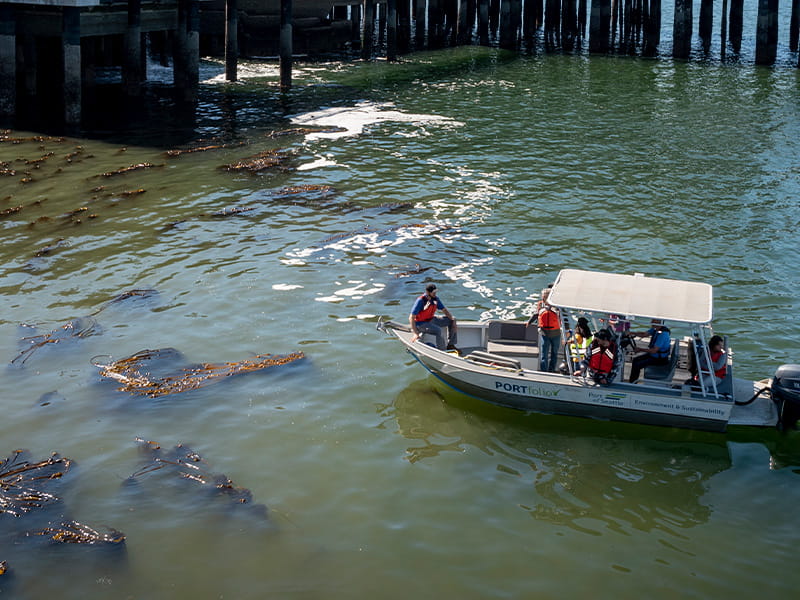
Climate resilience
The pressing goal of the Aquarium’s climate resilience research is to deepen our knowledge of how coastal ecosystems react to disruptions caused by climate change. From the impact of warmer waters to occurrences of marine diseases, understanding ecological responses—and the factors that increase climate resilience, such as ecosystems with top predators like sea otters—will enable us to improve our coastal conservation and restoration efforts. This work includes projects to research local kelp forests and conditions on Washington’s Olympic Coast.
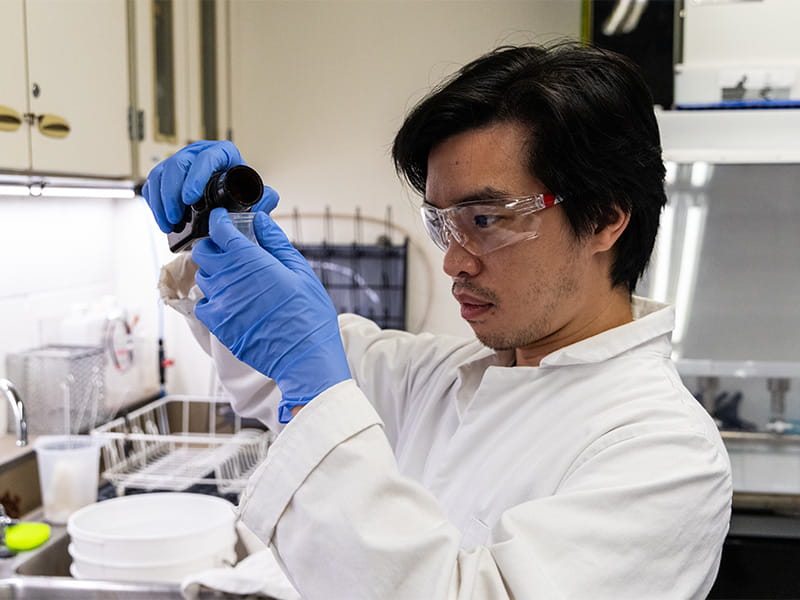
Clean seas
Our clean seas research investigates the impacts of ocean pollution on the health of marine ecosystems. Changing environmental conditions and continued input of waste and pollutants into the ocean add significant stress to its capacity to sustain life. Plastic waste may cause physical harm to marine animals, from a turtle entangled in plastic fishing nets to whales ingesting plastic particles. Other pollutants lurking in Puget Sound include 6PPD, a chemical used to coat rubber tires to reduce degradation that can be extremely harmful to fish, especially coho salmon. Our work in this priority area includes monitoring microplastics and marine debris, as well as scientifically testing alternatives to plastics.
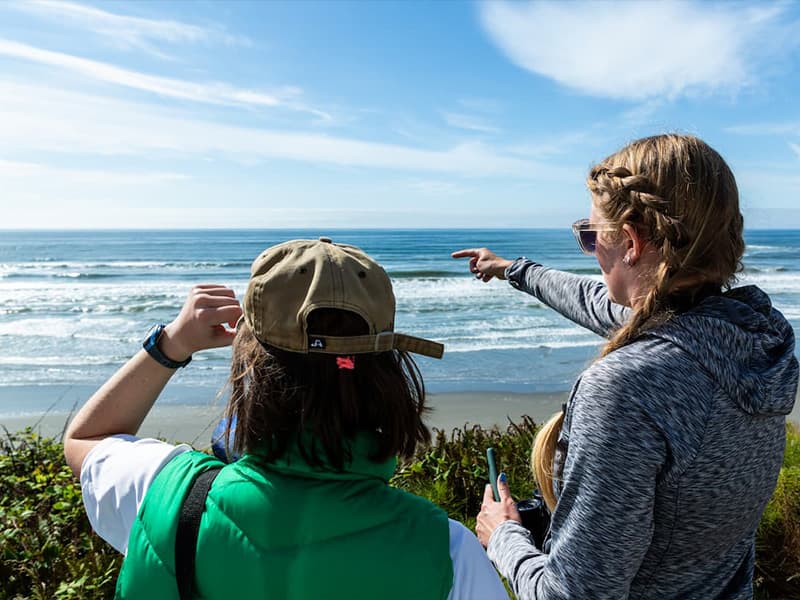
Sustainable seas
Healthy oceans can sustainably provide for human communities, helping to support livelihoods, food sources and people’s ability to enjoy the ocean. How do we know marine ecosystems are thriving? The population size and diversity of animals that are critical to these ecosystems can provide clues. Our sustainable seas research includes monitoring the populations of local rockfish, local sea otters and—in another part of the ocean—Hawai′i reef fishes and corals. Some of these Aquarium research projects have been active for decades.
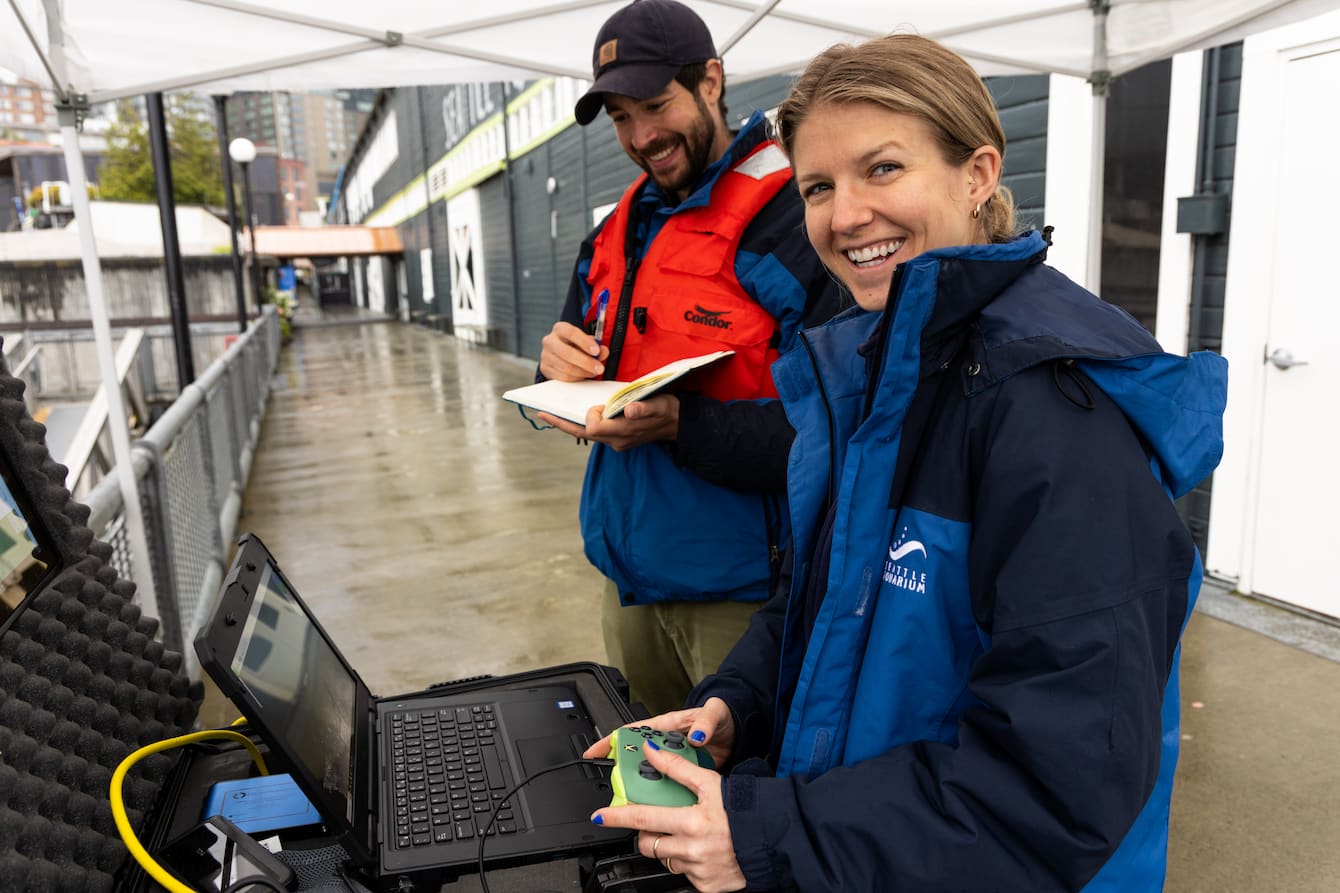
Research collaborations
Interested in conducting a study or using data from the Seattle Aquarium in your research? All life science and social science research projects require approval by the Aquarium's research review committee. Submit an initial research inquiry below or contact research@seattleaquarium.org for more information.
